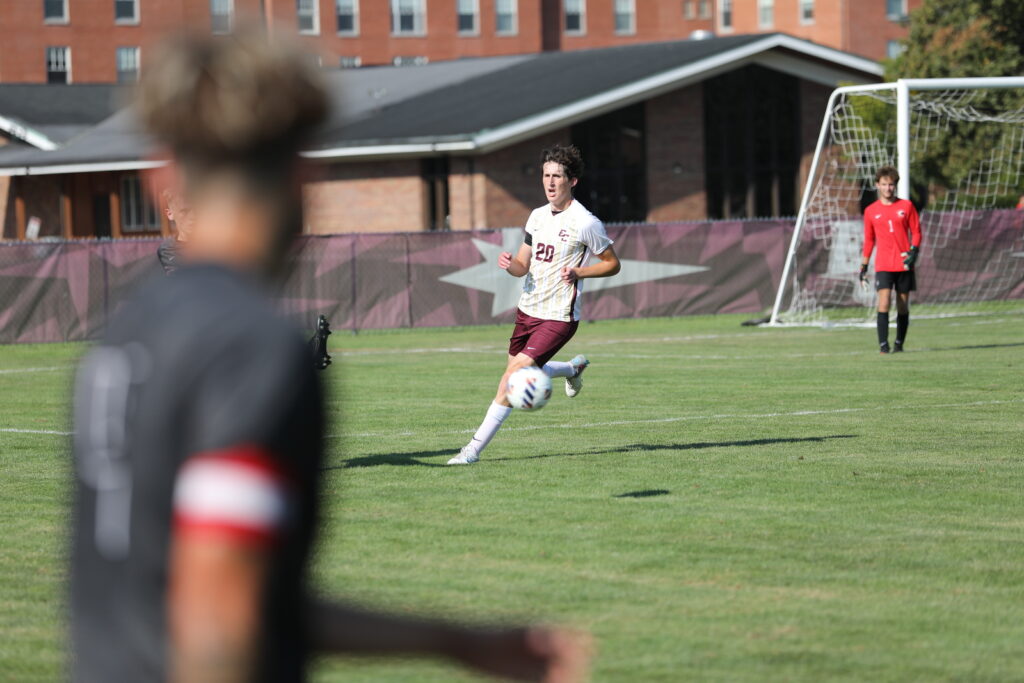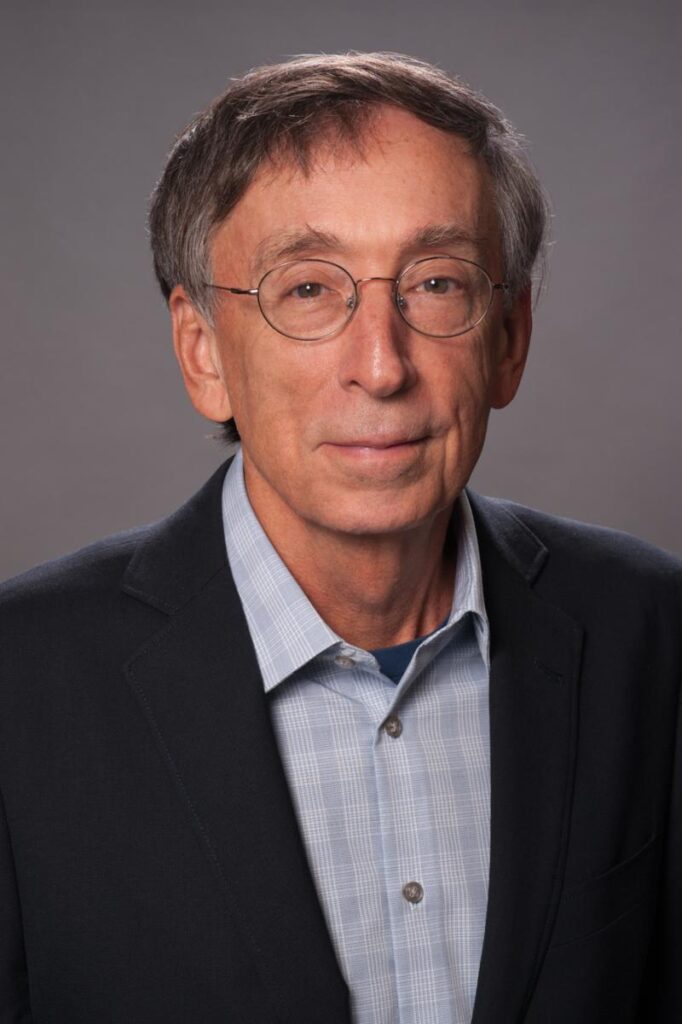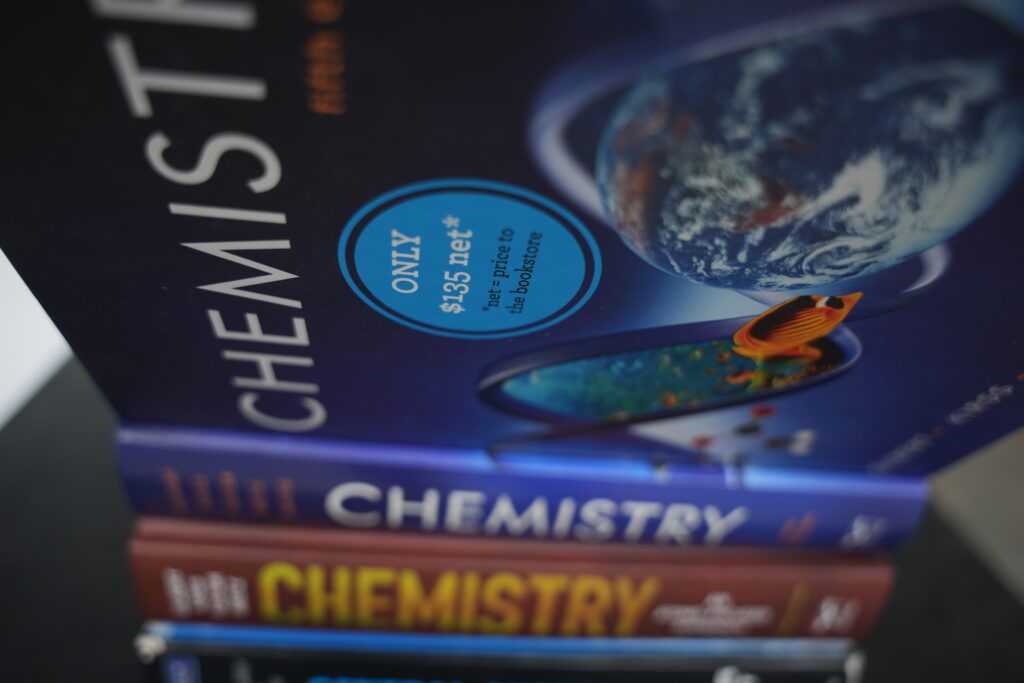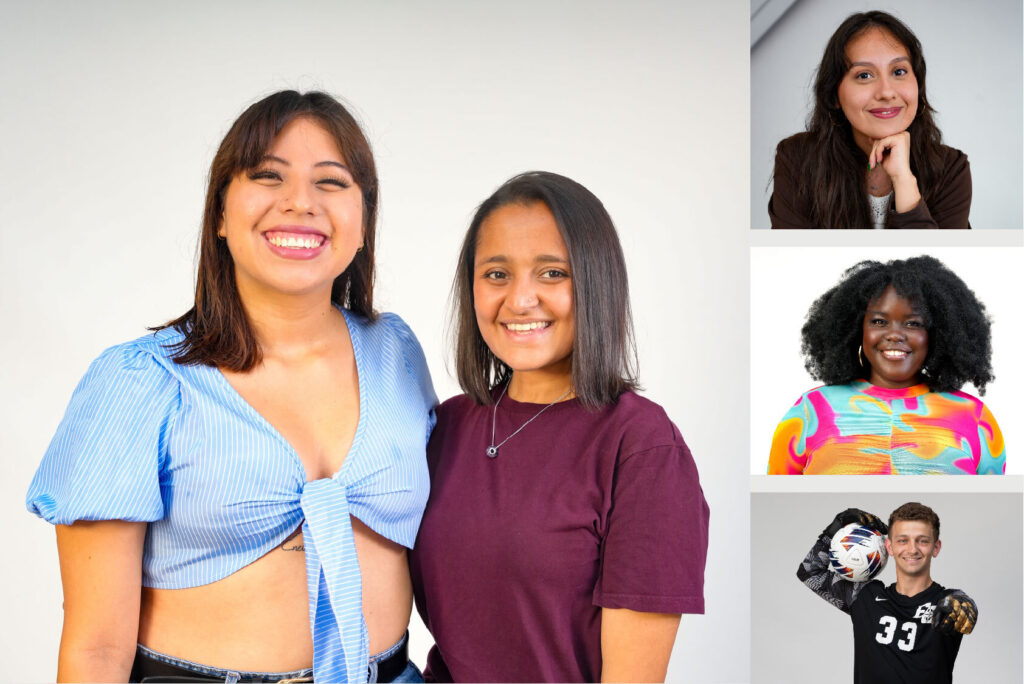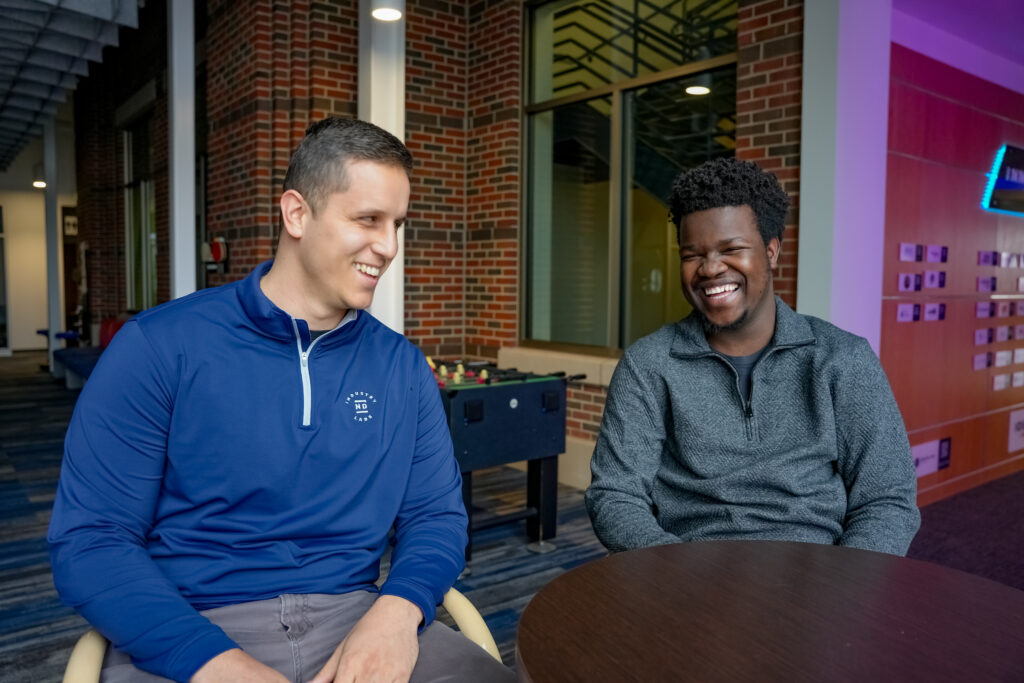
Gretchen Castle named dean of ESR
Gretchen Castle ’79, a global Quaker leader with decades of organizational development experience, has been named the next dean of Earlham School of Religion. She is ESR’s first female dean.
For the last nine years, Castle has served as the general secretary of the Friends World Committee for Consultation in the Quaker World Office in London, traveling extensively to bring greater unity to Quakers worldwide.
“This is a pivotal time for Earlham School of Religion—and all seminaries—as we envision the future of ministry in a complex and rapidly changing world.” says Anne Houtman, president of Earlham College and Earlham School of Religion. “Gretchen’s global leadership experience and deep commitment to Quaker principles and practice will inspire new ways of approaching our work and strengthen ESR’s capacity to attract and educate the next generation of change-makers.”

Read more about Gretchen Castle.
A path to ministry through entrepreneurialism
By Somer Eckert ’17
When Adriana Cabrera met with Jay Marshall in a cafe in Bogota, Colombia, in 2016, she explained that she had quit her demanding job to somehow become more deeply part of her community. Marshall, the former dean of ESR and director of ESR’s program in entrepreneurial ministry listened, and he kept wondering.
About a month later Marshall emailed Cabrera, a 2008 ESR grad, and asked if she’d be interested in the new entrepreneurial ministry program.
“I didn’t even know what an entrepreneur was,” Cabrera said, “but I’ve always been a pioneer. Joining the program was a no-brainer.”
That fall, Cabrera and seven other students joined the entrepreneurial ministry program. The program makes room for a radical rethink of ministry: The entrepreneurial work itself would be the ministry.
“ESR students historically fell outside the box in terms of what they wanted to do,” Marshall explained. The issue with nontraditional paths of ministry was that alumni often couldn’t make a living from it. “Either it never really happened, or you worked another job and hoped it provided the income for your ministry.”
The entrepreneurial ministry program was designed to help students make the connections necessary to generate income from their ministry. In Cabrera’s case, she and her wife, Chivi Restrepo, wanted to support women in Paipa, Colombia.
“My wife and I noticed very few women biking. We realized we could use biking to fill a need,” Cabrera explained. “We were going to do it as a hobby, but when this offer from Jay came about, we saw it as an opportunity to make it our life project.”
A requirement for the program is to have a general ministry idea. The courses cover spiritual formation, developing your concept, marketing and organization. There is also a small stipend to get the project off the ground.
The idea has not been without pushback. “For some, the idea of entrepreneurship sounds dirty because a lot of people see business as being driven by the wrong motives,” Marshall explained.
But in Marshall’s mind, “Ministry is a broad concept. It comes in all shapes and sizes. Growing out of a Quaker perspective, I think everyone is called to something,” he said. “And this program is designed to provide the education and relational support for people whose call takes them outside the box.”
For three years, Cabrera and Restrepo ran their organization, starting a radio program for interviewing elite women bikers, and creating a network with other like-minded organizations in Colombia. They hosted all-woman rides and workshops that taught women bicycle mechanics.
Then came a heartbreaking, sudden loss. Restrepo passed away in November of 2020 from a stroke, leaving Cabrera grieving and in charge of the organization.
Cabrera kept it running for three months before she had to put it on pause. But her community was there for her.
“If my wife had passed when I was working my previous job, I wouldn’t have had the support I needed,” Cabrera explained. “But I’m part of the community now, and they supported me.”
Not only that, but the impacts of the organization are still there.
“I see women offer to help other bikers having issues,” Cabrera said. “Sometimes they get mocked but the interaction changes when they start to help.”
Cabrera has returned to an old dream of translating human rights documents. “It’s growing faster than I expected,” she said of her new business, a success due in part to the entrepreneurial ministry program.
“Life is opening in the midst of pain,” Cabrera said. “Everything is very recent right now, but I see how my life is transforming in ways that I don’t even know.”
ESR will offer the certificate again in fall of 2022.
Like what you’ve read? Share this article with your network.
